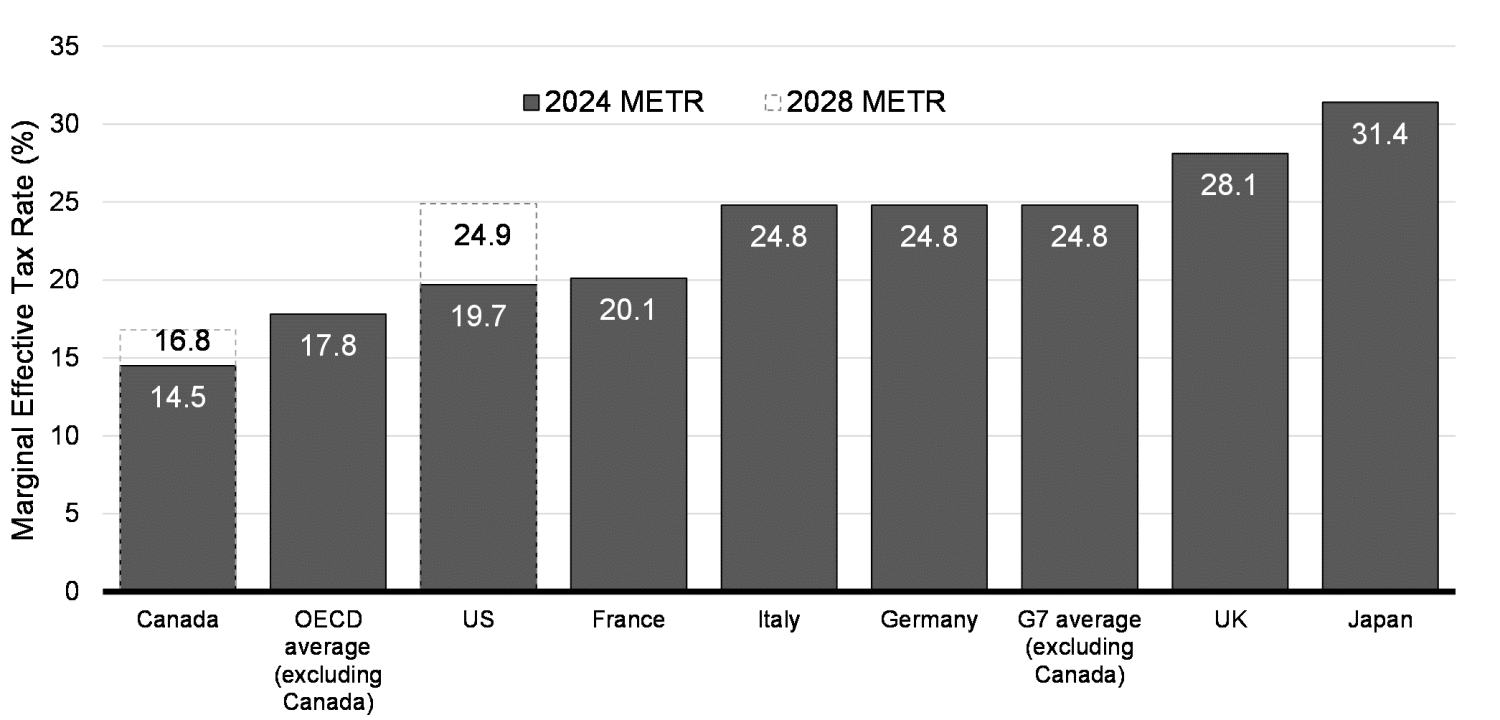Hold the phone before you just write Calgary off as another Canadian city. This place has become a hotbed for, dare I say it, the leader for something much bigger opportunity. Calgary has something in store for both the aspiring entrepreneur and the shrewd investor. Not just empty boasts, the city bears a very strong economy. The market for real estate is sky-high, and the lifestyle is just hard to compete with. And there is a good reason this city remains on top; let’s peer deeper and see it with our own eyes.
The Engine Room is Roaring
Calgary’s economy is continuing to roar on like a well-oiled engine without any sign of stopping or pausing to grow and change. This inevitably feeds into the real estate market in the area with a booming value and offers the best investment for real estate. From the powerhouses of energy to those of finance and technology, prosperity is being pushed into every corner of the city. Yes, energy has always been the bread and butter for Calgary; however, now it will be complemented by the quickly emerging tech and financial services industry.
This mix is of the dynamic kind, which does not make the economic ship steady but lures professionals to be skilled, and hence their inflow fuels demand for houses and both commercial spaces.
Finding Your Dream Home (Without Breaking the Bank)
The Calgary housing market is reinventing itself, with value in any type of lifestyle and budget—from the trendy downtown condos to spacious suburban family homes. But perhaps the best of all: You will find what is cheap and not at the expense of the quality of goods. It is evidenced that Calgary seriously takes community development through the evidence of its neighbourhoods being well mapped out, perfectly integrating urban life with nature. All of that is topped up with a great living standard and many cultural offerings, and it’s no wonder Calgary is wooing potential homebuyers looking for a complete lifestyle.
Entrepreneurs, Take Note
Calling all business owners and aspiring entrepreneurs!
Calgary is fertile and firm soil for further development and expansion. Ripe with investment opportunities, the city currently bulges on the map of the commercial real estate market, from prime office spaces in the downtown area to industrial properties at the fringes of the city. Calgary moves beyond just space; it is space that goes a step further to support business actively through start-up incentives, tax breaks, JSON and a ‘we’ve got your back’ attitude. The latest transport infrastructure and telecommunication networks ensure that businesses availed all it required to survive within the tough current global market. Then, wherever you would want to do business that is going to prosper with the economic potential of Alberta, Calgary has it as your strategic launchpad.
Location, Location, Location (and More Location)
It is a very important point of confluence of large national and international trade routes, which in turn translates into fabulous competitive advantages for residents and local companies.
Being just next to the majestic Rockies and having a world-class airport close to an extensive transportation network in Calgary, does true justice to hyper-connectivity.
Effective supply chains for businesses and extended markets should also ensure that the residents enjoy the benefits of an accessible and well-linked city.
Government with a Helping Hand
The Government of Calgary Actively Fosters the Investment Environment in Real Estate. How Do They Do That?
Tax relief: Competitive property tax rates and incentives for eco-friendly buildings.
Grants and subsidies: Now, with the helping hand of residential developers and small businesses looking for strategic places for setting up shops.
Flexible the laws of zones: allow mixed-use development and speed up approval processes for new projects.
These policies are all about attracting investment and ensuring the real estate sector experiences sustainable growth.
Real People, Real Success Stories
Let’s move beyond statistics and see how Calgary is making a difference in real people’s lives:
The East Village has been revitalized from a forsaken part of town to a lively, commercial, and community centre. Smart investment in homes and businesses clearly shows the ROI from revitalized neighbourhoods is huge. A small tech company leveraged Calgary’s business-friendly climate from a local startup to now having an office in that same swanky downtown building. This is Calgary, with a business-friendly vibe from the ground up. The Dream Smiths: The Smith family from Toronto moves to find their perfect home in Calgary. The Calgary dream is what many homebuyers found—a chance at affordable housing and a very high quality of life. Everyday people stories that speak of reaping the hard benefits of investment in Calgary: from reaping the rewards of revitalized districts to flourishing in a new cultural landscape laden with economic opportunities.
Looking to the Future
Calgary’s real estate market shows no signs of slowing down, and here’s why:
Sustainable Development: The sustainable development of eco-friendly buildings is the focus of attention in Calgary.
Rising Tech Hub: Steady demand for commercial real estate is likely to remain supported by continued investment in technology and innovation.
Diversification of the economy: Continued diversification of the Calgary economy is also likely to bring in new industries, therefore, allowing much more investment scope in the different sectors.
The Bottom Line
Calgary isn’t just a city on the rise – it’s a city that’s arrived.
The strong economy, supportive government, and various success stories make Calgary a prime investment area. This city has become more sustainable and innovative, which attracts a different range of investors.
If it’s a new home that you find, or that choice location to base your business, Calgary certainly promises an optimistic future with its growth, diversity, and commitment to quality life.
So, ditch the hype and consider the reality. Calgary is a place where you can truly invest in your future.
Q1: Is now a good time to invest in Calgary’s real estate market?
A1: Absolutely! Strong economic base, government policies, and tracks of success stories—Calgary offers fertile ground in the real estate sector. Competing with property tax rates, affordable housing options, and growing job markets, the city has a great option for every kind of investor for either residential or commercial purposes.
Q2: I’m interested in starting a business in Calgary. What kind of support does the city offer?
A2: Calgary is an entrepreneur’s dream! The city is so pro-business to the point of availing all kinds of incentives to startups—from tax breaks to loose zoning laws. Add very modern infrastructure and an attitude of “we’ve got your back,” and Calgary has to be on the shortlist for any firm looking to grow and expand.
Q3: I’m moving to Calgary with my family. What kind of neighbourhoods can I expect? A3: In addition, Calgary is home to some of the most well-planned neighbourhoods that fit many different types of lifestyles. Ranging from trendsetting condos in the downtown core to beautiful and spacious suburban homes that are very easily accessible to nature, the city places quality of life and vibrant cultural scenes in community development.
Q4: Is Calgary an expensive city to live in?
A4: The cost of living in Calgary generally includes moderate and affordable housing, compared to most other big cities in Canada. Generally, most houses fall below the average cost of living, yet the standard of living is kept high. However, keep in mind that the cost of living will highly depend on one’s way of living and neighbourhood preference.











